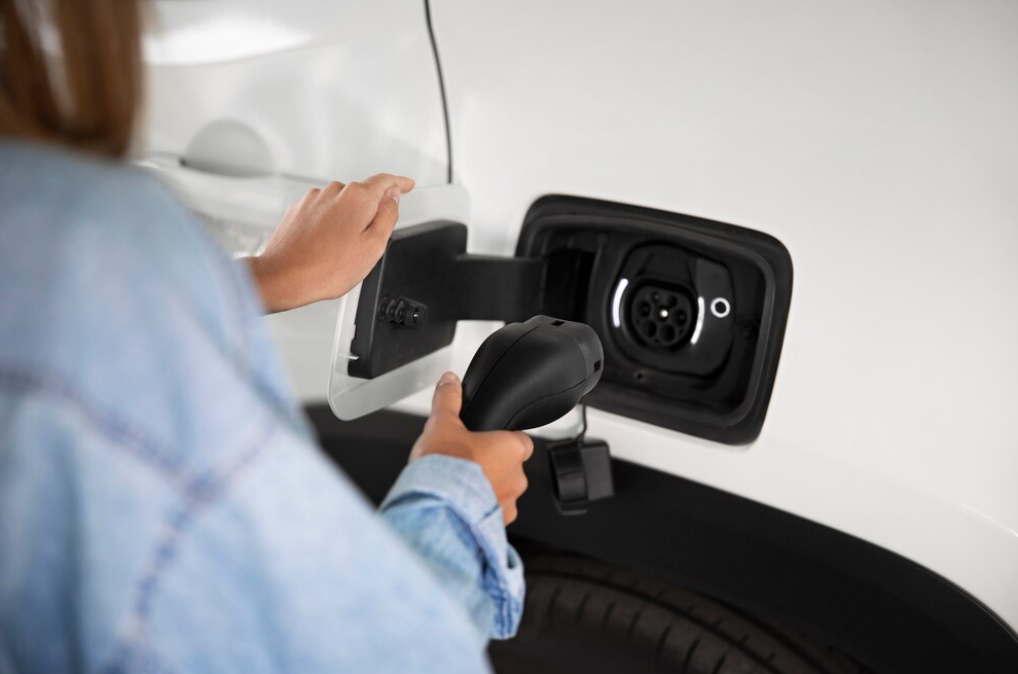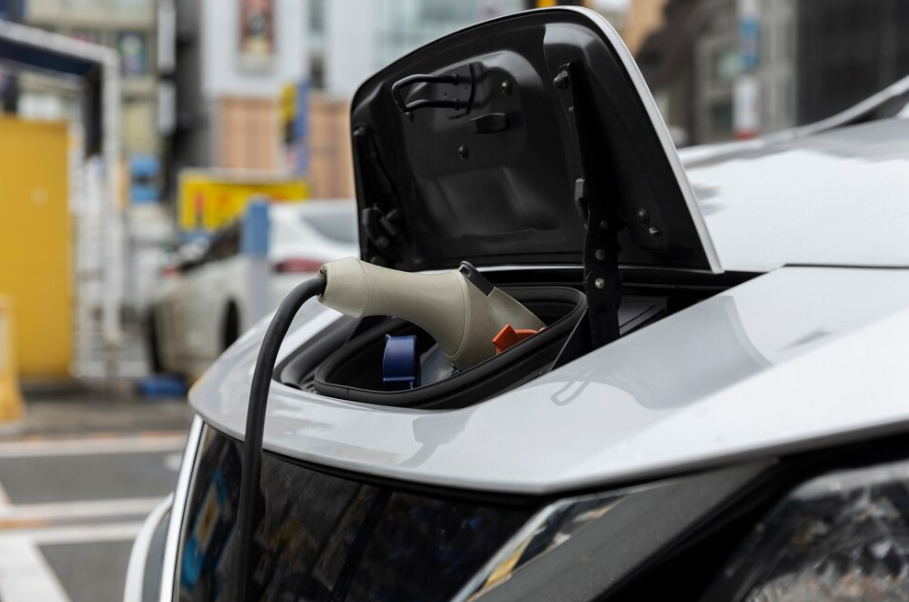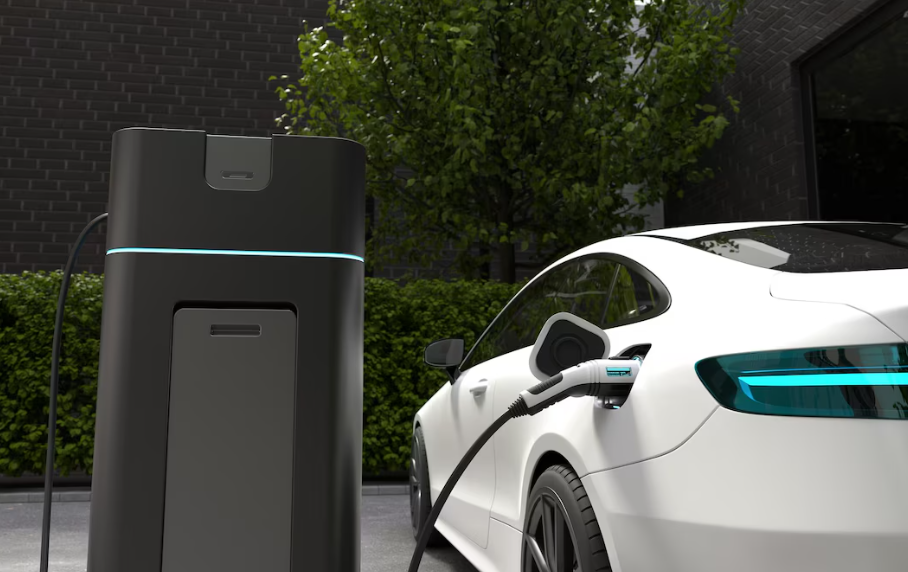New Zealand’s landscapes are perfect for hybrid cars, recognized for their fuel efficiency and quiet operation, aligning with the country’s eco-friendly image. This post reviews the top hybrids available in New Zealand, aimed at eco-conscious drivers and green tech enthusiasts.
The guide highlights hybrid technology, which combines gasoline engines with electric power to provide a sustainable alternative to traditional vehicles, essential for reducing emissions without compromising performance.
2024’s Top Hybrid Cars in New Zealand
Toyota Prius C– from $22,450
The Toyota Prius C is perfect for city driving, thanks to its compact size, excellent fuel efficiency, and responsive handling, making it a top choice for urban environments. Its ease of parking simplifies typically challenging city maneuvers. The vehicle is equipped with a 1.5-liter inline-four engine and an electric motor, delivering a combined 99 horsepower. It features a continuously variable automatic transmission and front-wheel drive.
- Powertrain: 1.5-liter inline-four engine (73 hp, 82 lb-ft) with electric motor (60 hp, 125 lb-ft), total 99 hp; CVT; front-wheel drive.
- Fuel Economy: 48 mpg city, 43 mpg highway.
- Wheelbase: 100.4 inches.
Honda Jazz Hybrid– from $35,000
The Honda Jazz Hybrid is well-suited for city living with its innovative seating configurations and maximized interior space for functionality. Although known for its practical interiors and reliable performance, it hasn’t reached the sales levels of some traditional small cars. It features a hybrid system with two electric motors and a compact battery, alongside an efficient 1.5-liter petrol engine.
- Powertrain: 1.5-litre petrol four-cylinder hybrid, 72kW/13Nm (petrol), 80kW/253Nm (electric), FWD, combined economy 2.8L/100km, CO2 64g/km
- Fuel Use: 3.8L/100km
- Wheelbase: 2517 mm / 99.1 in.

Toyota RAV4 Hybrid– from $33,075
In New Zealand, the Toyota RAV4 Hybrid combines space with eco-friendly performance. It matches the durability and ease of ownership of the standard RAV4 but with improved speed and fuel efficiency. The Prime version offers 38 mpg, faster acceleration than a Toyota Supra to 60 mph, and a 42-mile electric-only range.
- Powertrain: 2.5-litre, 4cyl petrol plus electric motor
- Fuel Use: 94 MPGe for combined gas/electric operation, and 38 MPG when using gas only
- Wheelbase: 105.9 in.
Mitsubishi Outlander PHEV– from $40,345
Mitsubishi Outlander PHEV caters to outdoor enthusiasts with its off-road capabilities and electric powertrain. As a pioneer in plug-in hybrid technology, Mitsubishi has significantly contributed to this sector, particularly with the Outlander PHEV, introduced over a decade ago. While many automakers opt for simpler hybrid or full electric systems, Mitsubishi continues to develop its plug-in hybrid technology in the fourth-generation Outlander. This model stands out in the medium-sized SUV category with its seven seats, 10-year warranty, and an advanced electrified powertrain.
- Powertrain: 2.4-liter four-cylinder is assisted by a pair of electric motors for a combined 248 horsepower.
- Fuel Use: 1.5 litres per 100 kilometres
- Wheelbase: 2706 / 106.5. 2706 / 106.5.
Hyundai Ioniq– from $23,600
Hyundai IONIQ Hybrid excels in efficiency, achieving 4.6 liters/100km on test drives, closely approaching the manufacturer’s claim of 3.8 liters/100km. It features a substantial range of nearly 1,000km from a 45-liter tank. The vehicle’s hybrid system integrates a 1.6-liter engine with an electric motor and a 1.56kWh battery, producing 130hp and 265Nm of torque. Optimized for urban driving, it supports silent electric motion up to 30km/h and a smooth transition to engine power for more robust acceleration.
- Powertrain: 44.5-kW battery-powered electric motor with a specially calibrated direct injection petrol engine
- Fuel Use: 55 – 59 combined mpg
- Wheelbase: 106.3 in.
Kia Niro– from $28 315
The 2024 Kia Niro Hybrid combines city-friendly dimensions with an affordable starting price and stylish design that stands out. It features a 139-hp 1.6-liter four-cylinder hybrid powertrain, with a more powerful 180-hp plug-in hybrid version available, offering a 33-mile electric range. The interior mirrors the exterior’s modern style, utilizing sustainable materials such as upholstery and a eucalyptus leaf-infused headliner, enhancing its chic appeal.
- Powertrain: 1.6-liter four-cylinder engine and an electric motor with a combined 139 horsepower and 195 pound-feet of torque
- Fuel Use: 50 MPG
- Wheelbase: 107.1 in.
Lexus CT200h– from $30,950
The CT Hybrid features a 1.8-liter, Atkinson cycle petrol engine paired with an electric motor, producing a total output of 134bhp. This model adheres to Lexus’s traditional self-charging hybrid system, meaning it cannot be plugged in to enhance its range like some competitors, such as the Mercedes A 250 e or Golf GTE. Under WLTP regulations, it achieves a maximum fuel economy of 55.3mpg and emits a low 97g/km CO2, making it appealing for company car drivers. Unlike newer Lexus models like the UX, the CT Hybrid does not offer a more powerful 2.0-liter hybrid system.
- Powertrain: 1.8-litre VVT-i four-cylinder petrol engine
- Fuel Use: 55.3mpg
- Wheelbase: 2600 mm 102.36 in.
Ford Mondeo Hybrid
The Ford Mondeo Hybrid Estate features a conventional petrol engine paired with a large battery, offering an alternative to cars like the Volkswagen Passat GTE and Toyota Corolla Touring Sports. It closely resembles its petrol and diesel versions but includes a redesigned instrument cluster for hybrid functions. The interior boasts a large infotainment touchscreen and high-quality materials, although it’s less user-friendly than the Passat GTE’s system. The cabin is spacious with an adjustable driving position, but the hybrid model loses some boot space due to the battery’s location.
- Powertrain: Atkinson-cycle 2.0-litre petrol engine, electric motor, generator and 1.4 kWh lithium-ion battery
- Fuel Use: 49.6mpg
- Wheelbase: 112.2 inches / 285.0 cm; Length: 191.61 inches / 486.7 cm; Width: 72.91 inches / 185.2 cm.
Overview of Popular Hybrid and Electric Vehicles in New Zealand

Hybrid cars have become more affordable due to technological advancements, offering benefits like better fuel economy, lower emissions, and reduced maintenance costs. They provide a smoother drive with instant torque and regenerative braking.
- Honda Hybrid Vehicles: Honda offers several hybrids, including the efficient Honda Jazz Hybrid and the Honda Insight, noted for its fuel efficiency, comfort, and advanced safety features.
- Nissan Hybrid Vehicles: Nissan’s hybrid lineup includes the all-electric Nissan Leaf, with a range over 200 km per charge, and the Nissan Pathfinder Hybrid, which seats seven and combines fuel efficiency with high-tech features.
- Mazda Hybrid Vehicles: Mazda has introduced hybrids such as the Mazda Axela Hybrid, known for its style and performance. They also innovate with Skyactiv-X technology, using spark-assisted compression ignition to reduce emissions and improve fuel economy, enhancing environmental sustainability.
Comparing Top Hybrid Brands: Which Offers the Best Vehicle?
When evaluating the best brand for hybrid vehicles, it’s important to consider reliability, fuel economy, and technological progress. Toyota is a leader in this sector, with the Toyota Prius being one of the top-selling hybrids globally. Thanks to years of research and development, Toyota’s hybrids are recognized for their longevity and strong resale value. The brand’s extensive range, including models like the Prius, Corolla, and Highlander, positions Toyota at the forefront of hybrid technology, making it a top choice for buyers looking for a reliable and efficient hybrid car.
Understanding Hybrid Car Technology in New Zealand
Hybrid cars in New Zealand use a combination of an internal combustion engine, electric motor, and battery. They can operate on either power source or both, with the battery recharging through regenerative braking and external sources. An onboard computer manages power transitions to enhance fuel efficiency and lower emissions, ideal for city driving.
As New Zealand focuses on sustainability, hybrids are becoming key in reducing carbon emissions and providing eco-friendly transportation. They are increasingly popular among local drivers. If you’re looking for a new car, consider hybrids to align with environmental goals.
Conclusion
Selecting a hybrid car in New Zealand involves choosing advanced technology and sustainability. Hybrids offer dependable performance and environmental advantages, suitable for city driving in Auckland or longer journeys across the South Island.
Hybrid vehicles utilize a brake regeneration system that captures energy during stops, enhancing efficiency. As hybrids reduce carbon emissions significantly, they are becoming a preferred choice in New Zealand’s effort toward sustainability.





